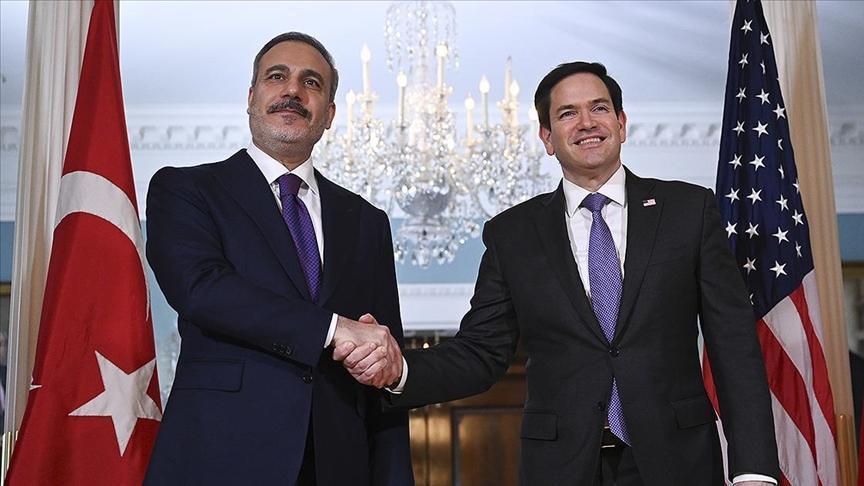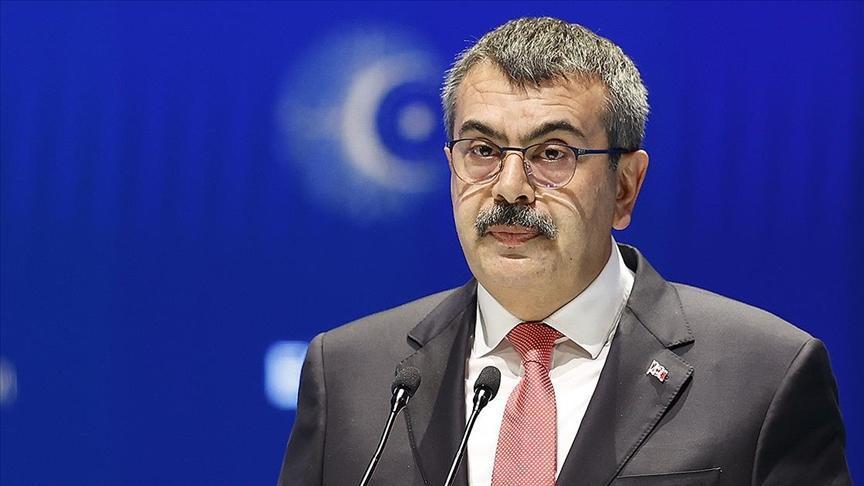Why rate cuts won’t help
As I noted in my last column, almost all Turkey economists were expecting the Central Bank to cut its policy and borrowing rates at the Monetary Policy Committee rate-setting meeting on Feb. 24.
The Bank actually delivered more than expected by cutting not only those rates by 0.25 percentage points, but also its overnight lending rate by 0.50 percentage points. Of the 24 economists surveyed by business channel CNBC-e, only four were expecting a cut of 0.50 percentage points or more in that rate.
I concluded my column by noting that I’d be very curious to read how the Central Bank justified the rate cuts. At their regular meeting with economists on Feb. 25, officials from the Bank emphasized that policies were having “a favorable impact of inflation, especially inflation excluding energy and food [core inflation indicators] and inflation expectations.”

Except that they aren’t! The Bank’s favorite measure of core inflation has fallen only modestly, and at 8.63 percent, it is significantly above Governor Erdem Başçı’s 5 percent threshold, above which he wasn’t supposed to conclude that the inflation outlook has improved. Similarly, the recent fall in inflation expectations seems to have slowed down. In any case, expectations are still considerably higher than the Bank’s 5 percent inflation target.

As you probably know, food prices rose a lot in February. Annual inflation could even end up increasing when official figures are released on March 3. Incidentally, the Bank dropped the reference to inflation falling toward the Bank’s 5 percent target by mid-year from the one-pager accompanying the rate decision.
So if the Bank is not as confident on disinflation, why did it cut rates? Because of the pressure from President Recep Tayyip Erdoğan, who was actually not satisfied. On Feb. 25, he criticized the Bank for not having cut as much as the 4.25 percentage points emergency hike in the overnight lending rate in January 2014 and implied that it was dependent on outside actors.

If the Bank did what he is asking, as Professor Refet Gürkaynak of Bilkent University noted at a conference on Feb. 24, the Turkish Lira-dollar exchange rate would be 3.5 and long-term interest rates infinity percent. But I don’t think measured cuts would have more than a marginal impact on the economy, either – especially before the crucial general elections.
Theory would tell you that lower interest rates would induce consumers to consume and businesses to invest more. But policy rates do not affect loan rates immediately, and even when they do, consumers and businesses do not respond to lower rates right away. Statistical analyses have shown that monetary policy affects the economy with a lag of several months.
But this is all assuming consumer and businesses would eventually respond to lower rates. As the Central Bank noted during the Feb. 25 meeting, the deceleration in economic activity is due to “weak consumer confidence and investment tendency,” among other factors. It is not clear how lower rates would boost consumer and real sector confidence, which are indeed very low.

Could it instead be that consumers are afraid to spend in a country where, in the words of an Italian journalist, Başçı is risking jail for doing his job? Would businesses invest if they are afraid that economy tsar Ali Babacan could resign, soon to be followed by Başçı? If this view is correct, there is a very easy way to boost consumption and investment.










